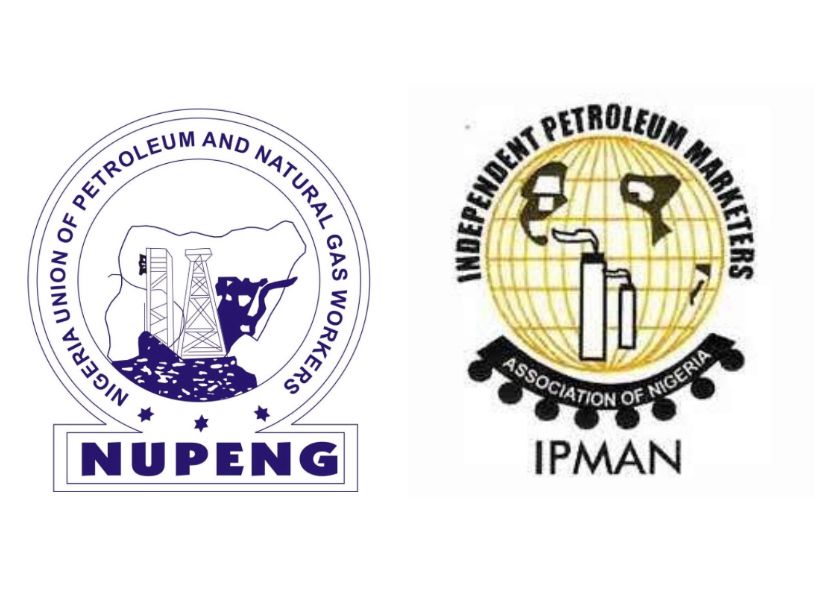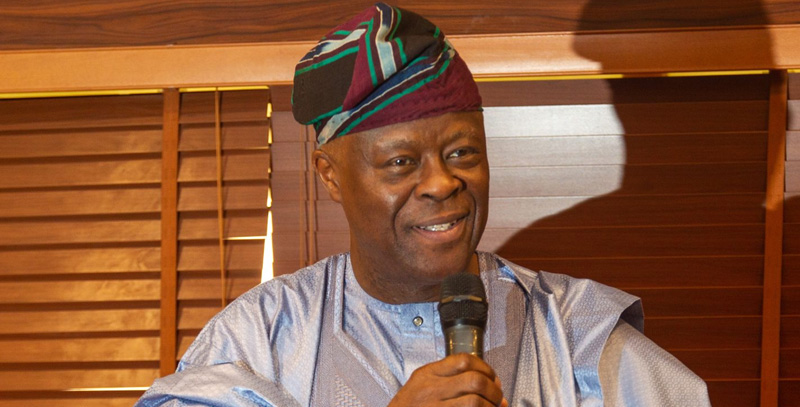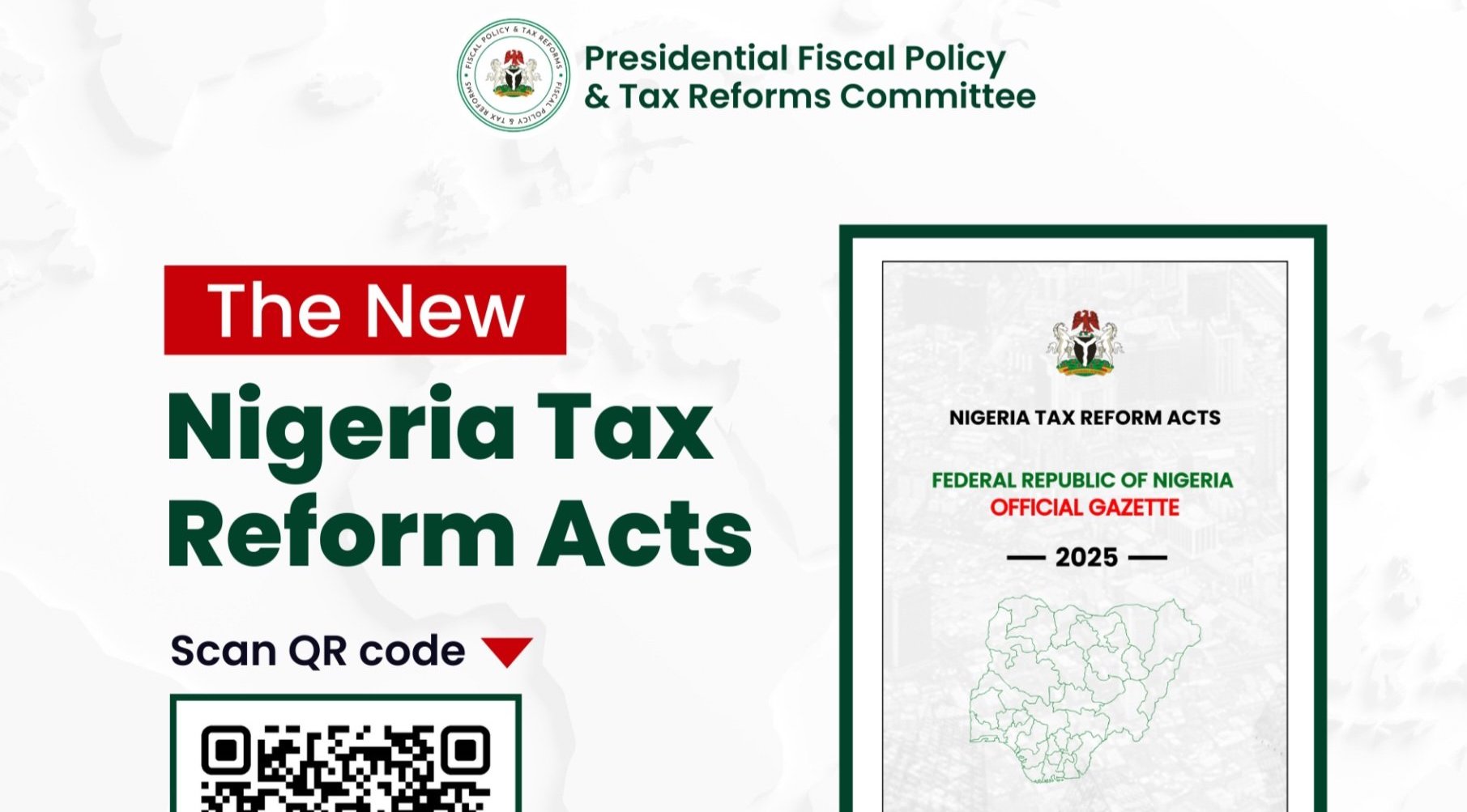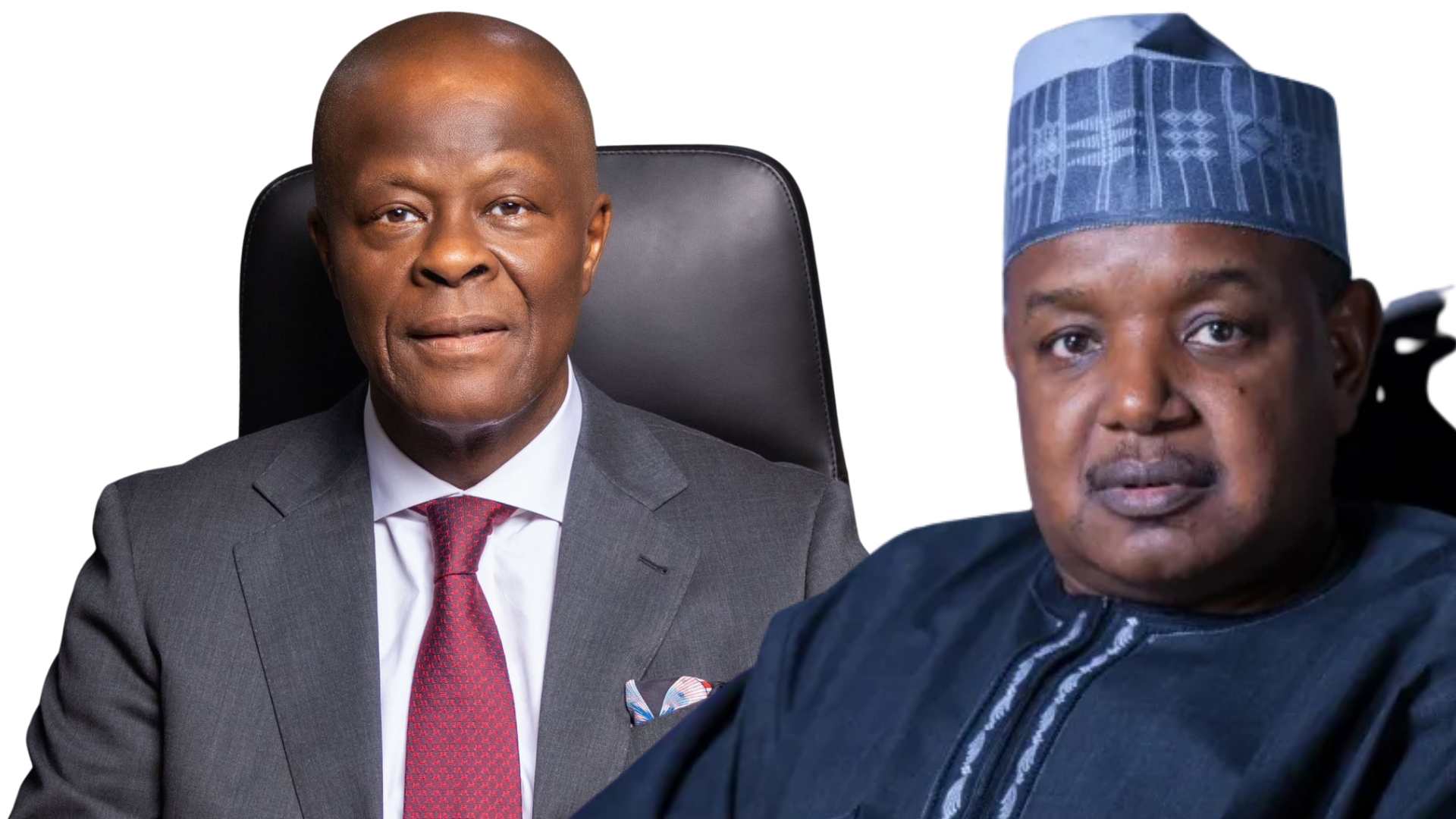•Explain commencement order must be issued, gazetted
•Presidential tax c’ttee chair reveals only 60,000km of 200,000km of roads tarred
Ndubuisi Francis and Emmanuel Addeh in Abuja
The Minister of Finance and Coordinating Minister of the Economy, Mr. Wale Edun and the Chairman of the Presidential Committee on Fiscal Policy and Tax Reforms, Taiwo Oyedele, yesterday declared that there was no immediate plan to implement the contentious 5 per cent fuel tax now or on January 1, 2026.
Given the already high cost of living and hardship in the land, the Trade Union Congress of Nigeria (TUC) had on Monday issued a 14 day ultimatum to the federal government to rescind any plan to introduce any tax surcharge or risk a total shut down of the economy.
Edun, who addressed a press conference in Abuja, admitted that while the Tax Administration Act will become operational on January 1, 2026, the 5 per cent fuel surcharge, which is captured in the Act, will not automatically come into effect.
He explained the Tax Administration Act is among four legislative instruments enacted to boost transparency, simplify compliance for individuals and businesses, and modernise revenue collection.
Edun said: “But let me re-emphasise and underscore the following: The tax reform bills and the tax act will not become operational until January 1, 2026. And the 5 per cent fuel surcharge, which is mentioned therein, will not automatically come into effect.
“There is even a process before any such charge can come into effect. It requires a commencement order from the Honourable Minister of Finance, and this indeed must be published in a gazette.
“So it’s not automatic that we wake up on January 1 and there’s a new tax and it is going to be levied. No, there’s a whole formal process involved. And as of today, no order has been issued, none is being prepared, and there is no plan, no immediate plan to implement any surcharge.”
According to him, the surcharge is a long-standing provision initiated in 2007 under the Federal Road Maintenance Agency (FERMA) Act, and not a new tax measure created by the Tinubu administration, adding that its inclusion in the 2025 Act was part of efforts to consolidate and harmonise existing laws for clarity and ease of compliance.
The minister noted that the original purpose was that 40 per cent of the proceeds of that user charge would go to FERMA while 60 per cent would go to the states or the state equivalent of FERMA, otherwise known as the state road management agencies or whatever name or form.
“And we know how critical that is. Not just for safety of lives and property, for mobility, but of course for economic growth. As it is through the road network largely that goods are delivered,” he said.
The minister stressed that it was important to make the distinction, adding: “The inclusion of the surcharge in the 2025 Nigeria Tax Administration Act does not mean an automatic introduction of new tax. It doesn’t mean fresh taxation automatically.”
Explaining why the surcharge appeared in the new Act, he said the inclusion of the surcharge in the 2025 Nigeria Tax Administration Act did not mean an automatic introduction of a new tax.
“The government is fully aware of the economic pressures of the time and will not take decisions that will make things even more burdensome. We don’t worsen the burden on Nigerians.
“Our priority is to strengthen tax governance, block revenue leakages, improve efficiency, rather than just levy new taxes, charges, and costs. Our economic journey in 2025 is marked by renewed microeconomic stability. There is growing investor confidence.
“There is an affirmation that we are in the right direction from development partners, partners, international observers, international rating agencies, among others.
“And there is a continued momentum for structural reform that is taking this economy from the current levels of growth to higher and more inclusive levels of growth.
“So, it is our collective responsibility to translate the policies that are in place into better jobs, higher incomes, and improve public services and we need to ensure that the reforms that have been carefully defined and are evidence-based are responsibly implemented,” he said.
Also, the Chairman of the Presidential Committee on Fiscal Policy and Tax Reforms, Taiwo Oyedele, yesterday maintained that the proposed 5 per cent fuel surcharge was critical to fixing Nigeria’s deteriorating road infrastructure, but maintained that no date has been fixed for the commencement of implementation.
Speaking on Channels Television, Oyedele dismissed speculations that the surcharge on fuel will take effect from January 2026, insisting that as long as it is not gazetted it cannot take off with the tax law.
He said: “The decision was made to put this in the new law and to put a commencement date that is going to be in the future, based on an order to be gazetted by the minister. So nobody will just spontaneously introduce the tax and create problems for the system.”
According to the chairman, the proposed fuel surcharge is intended to generate a dedicated fund for Nigeria’s deteriorating roads, not to add extra strain on households in the country, explaining that initial plans by the Federal Road Maintenances Agency (FERMA) to collect the tax directly was rejected.
“So, actually, I can tell you that before these tax laws were enacted and shortly after it was signed, there was already an attempt by the agency (FERMA) to even collect the tax and we had to say to them you can’t collect it.
“This is because the new law says you’re not the one to collect and commencement will not happen till the minister says so. There is nothing that says this tax will start 1st January 2026. People need to get that right,” he pointed out.
But Oyedele faulted the union over its threat, arguing that the surcharge was introduced by a previous government and not the administration of President Bola Tinubu.
He said: “TUC, which is planning to go on strike to say it should be removed, I don’t know what they want the government to remove, because it hasn’t been imposed, and there is no regulation that says it would be imposed from January. The TUC should have complained and protested when this was introduced in 2007.”
Speaking on concerns about inflation, Oyedele noted that the real economic burden comes from poor road networks and illegal taxes imposed during transportation, stressing that Nigeria has about 200,000 kilometres of roads, with only 60,000 paved, making logistics costly, unsafe, and inefficient.
According to him, the surcharge will help the government with funds to maintain the roads, assuring Nigerians that the reform initiatives of the Tinubu administration will yield results, and asking for patience from Nigerians.
He admitted that although there are public worries that recent tax reforms could worsen inflation, improved road infrastructure remains essential to lowering the cost of moving goods and people.
“I know everybody is concerned about the impact on inflation, I’m concerned myself,” he admitted. But we also know that around the world, road infrastructure is very important. Nigeria has about 200,000 kilometres of road, and only about 60,000 are okay. This is the major reason why transporting anything in Nigeria, whether goods or people, is costly and unsafe,” Oyedele argued.
He added: “If you look at the rural inflation of food and compare it with the inflation of food in urban centres, sometimes the difference is as high as 5 per cent. In most countries, that gap would be under 1 per cent. The majority of the issues are to do with the state of the roads and the multiple taxes being collected whenever you move goods around.”
Besides, Oyedele argued that the removal of fuel subsidies has opened fiscal space, emphasising that subsidy revenues alone are insufficient to close Nigeria’s infrastructure gap.
He stressed: “Even with the removal of fuel subsidy… the huge gap we still have in terms of infrastructural development is not going to be addressed by those revenues alone.”
According to him, the surcharge would be implemented with care to avoid stoking inflation or hurting vulnerable citizens, explaining that the implementation would be done at a time it is auspicious.
“Some of the strategies for this surcharge could be to time it at a period when there is an appreciation in the value of the currency. The naira gained 1 per cent yesterday alone; if the naira gains about 5 per cent and you put in this tax, nobody will notice the changes in the pump price.
“Or if the price of crude oil in the international market drops by about 5 per cent, you can also have it at that point,” he stated, maintaining that the funds from the surcharge would be ring-fenced and dedicated to fixing Nigeria’s failing roads.
“Then we can all focus this money to ensure that it is dedicated to fixing roads that can make all our lives better and bring down the prices of items,” he said, pointing to the success of the Road Infrastructure Tax Credit Scheme, which allows private companies to invest directly in road construction in exchange for tax credits.
Oyedele stressed: “We have the road infrastructure tax credit that is done with the private sector; we can see the advantage. People who live in Apapa cannot make any complaints at all, because based on that policy, the likes of Dangote, NLNG, Lafarge, and MTN are fixing roads.
“There’s nothing that says we can’t have a similar arrangement for the private sector to be involved in ensuring that this money is efficiently utilised.”
The post Edun, Oyedele Say No Plan to Implement 5% Fuel Surcharge in January appeared first on THISDAYLIVE.





